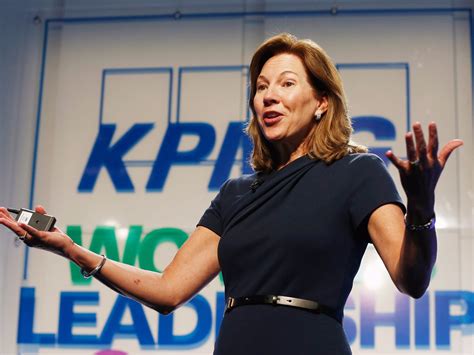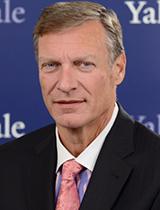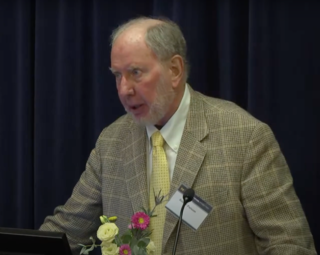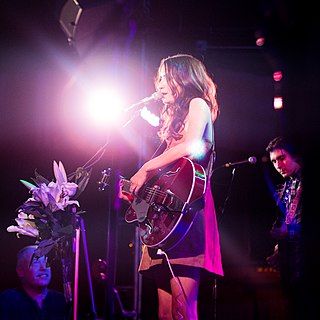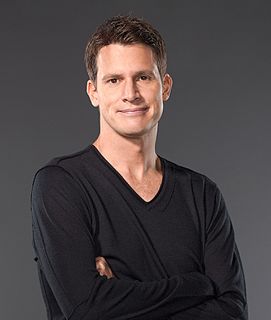A Quote by Ryan Holiday
Virality, at its core, is asking someone to spend their social capital recommending or linking or posting about you for free.
Related Quotes
In the beginning [of my social media life], I started posting and someone I'm close to said, "you're only posting pictures of yourself in your grungy pajamas. You're an actress be aspirational." Then I was like, "I'm not living an aspirational life on a day-to-day basis." For a while after that I was only taking pictures of, like, objects.
I started posting on my social media super-young. I didn't really understand what it was. When I was about 15, I started posting behind-the-scenes of shoots, little things of me holding up the color corrector, cute things, me in a bikini. It was just all innocent and fun, and I saw people really starting to respond to it.









